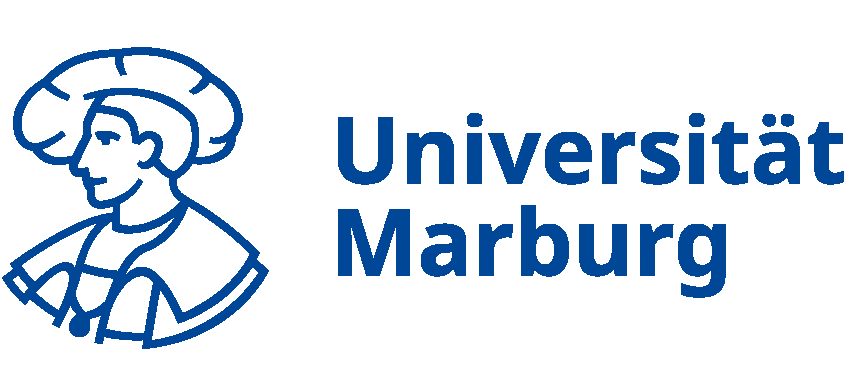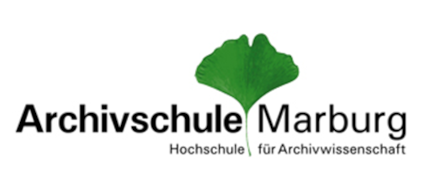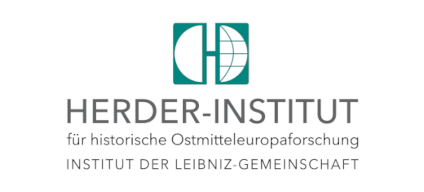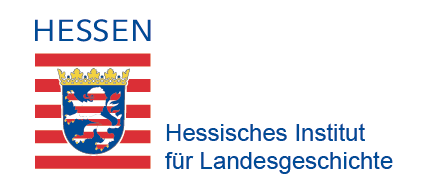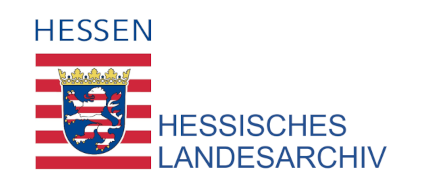Main Content
Program Structure
The degree program “Cultural Data Studies” is divided into five areas of study. Each area has different approaches and perspectives regarding the topic of digitalization. All five areas of study are required for all students, but there are many possibilities within each area to focus on a specialization.
Humanities and Social Sciences Perspectives
The area “Humanities and Social Science Perspectives” handles theoretical and methodological approaches in the humanities and social sciences regarding the different aspects of the digital world. The first module is the multidisciplinary “Introduction to Cultural Data Studies”, which is taught by professors from diverse subjects. The module “Society, Culture, and Digitalization” is about the relationship between society and/or culture and digitalization from a social or cultural point of view, and is also taken in the first semester. In the second semester, the students get an introduction to the theories of digital media. The students further their knowledge in the third semester in the form of a project. Here, they complete small research projects in groups relating to the topic of “Society, Culture, and Digitalization”.
| 1st Semester | 2nd Semester | 3rd Semester |
| Digital Media Theory (6LP) | Project-Based Course: Society, Culture and Digitalisation (6LP) |
Information Technology Perspectives
The area of study “Information Technology Perspectives” is centered on computer-assisted methods. The first semester begins with “Introduction to Information Technology”, in which the basic knowledge of object-oriented programming with Python is taught and practiced. Building upon this knowledge, the students learn how to process, work, and save data in the humanities and social sciences during the “Data Management” module in the second semester. Parallel to this module, the students take “Software development tools for data-scientific uses”, where they learn practical tools that help them plan and implement development processes. The module “Data Analysis in the Humanities and Social Sciences” is taken in the third semester, where the students deepen their abilities in the approach to cultural data and learn more complex methods of data analysis.
| 1st Semester | 2nd Semester | 3rd Semester |
| Introduction to Information Technology (6 LP) |
Data Management in the Humanities and Social Sciences (6 LP) Software Engineering Tools for Data Science Applications (6 LP) |
Data Analysis in the Humanities and Social Sciences (6 LP) |
Praxis
The purpose of the area of study “Practice” is to combine the skills acquired in the other areas and to solidify them using practical exercises. This way, the students can become familiar with working with “real” research data as they work together on research projects and with scientific institutes. This starts in the first semester with “Cultural Data Programming Lab”, in which the students deepen their programming knowledge and apply it to concrete, practical examples. Joined to this module is the “Cultural Data Management Lab” in the second semester, which is more strongly dedicated to managing data in the humanities and social sciences. Both lab formats are oriented strongly towards practice and projects. Finally, in the third semester, the students do an internship that allows a deeper look into research practice or non-academic practice. The internship can be completed within the university as well as at an external institution.
| 1st Semester | 2nd Semester | 3rd Semester |
| Cultural Data Programming Lab (6 LP) | Cultural Data Management Lab (6 LP) | Cultural Data Internship (12 LP) |
Profile Development
The area of study called Profile Development comprises 18 credits and allows the students to tailor the course to their individual interests. A large selection of modules from other courses of study at the Philipps University can be imported here. For example, students can take more classes in the discipline they studied in their Bachelor. The students could also possibly deepen their knowledge in the methods of information technology.
Master Thesis and Colloquium
In the fourth and final semester is the Master thesis and Colloquium, which encompasses 30 credits and includes a master’s thesis as well as an oral examination.
